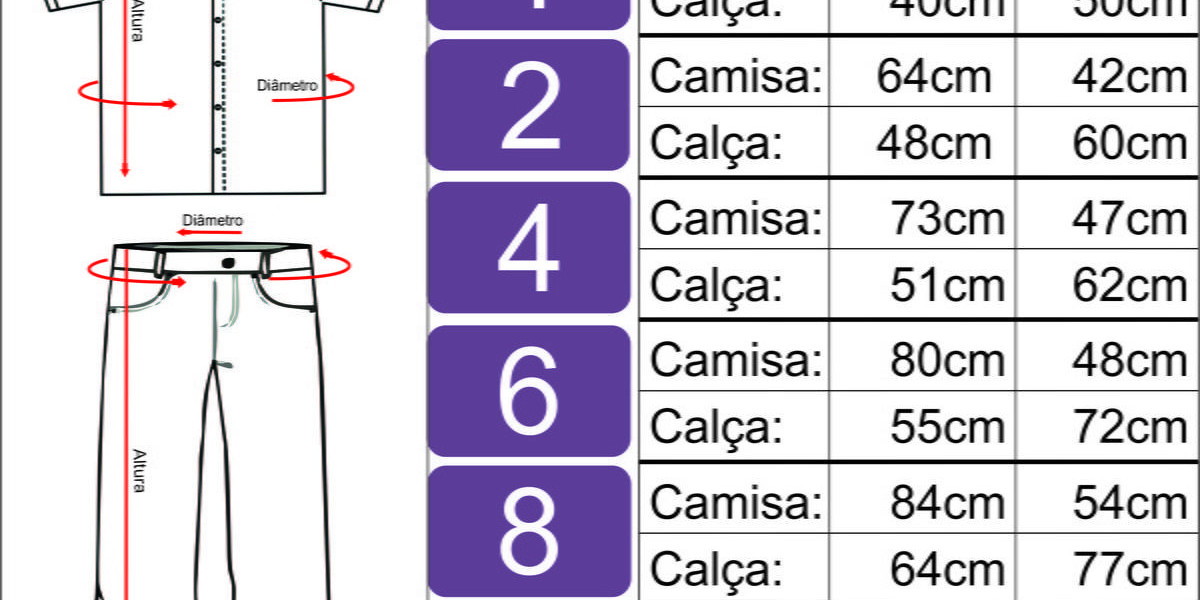Instead of enjoying the position of skilled, the best therapist would attempt to be an authentic individual, someone with whom clients felt comfortable enough to be open and self-revealing. He or she would serve as a role mannequin for the shopper, demonstrating via his or her responses and habits, tips on how to battle towards damaging forces within the character and how to live less defensively. The psychotherapeutic alliance is a singular human relationship, wherein a devoted and trained person makes an attempt to render assistance to a different individual by each suspending and extending him or herself. Nowhere in life is an individual listened to, felt, and experienced with such concentrated sharing and emphasis on each side of communication. You’re the designated "therapist" in your social group.
By understanding how particular persona traits can affect your well-being, you probably can explore methods to search out larger steadiness in your life.Somewhere between 20 and 60 percent of your temperament could also be determined by genetic elements.On the other hand, a really resilient individual might have low neuroticism with excessive extraversion, agreeableness, and conscientiousness.But they’re delicate to criticism and have a tendency to lack empathy, so they may struggle to form healthy...An extroverted person, for example, can be taught to be more introverted.A good therapist is evident about when your classes are, cancels well upfront if he or she must achieve this, and is on time for every of your classes — whilst you have to be.
Share this:
It’s the process of peeling back the layers of id and examining the forces shaping the way individuals suppose and act. Probing questions help the therapist understand sufferers and sufferers understand themselves. Inquiry doesn’t impose insights on individuals; it affords them the opportunity of self-discovery, offered the therapist deploys creativity and wisdom within the questioning. Clients confront their deepest feelings, face what of their life and in their self isn’t working, and adopt a plan for and endure the discomfort of change.
Myers-Briggs Personality Types
You may have heard someone check with you as "reserved" or "talkative", maybe, or say that you’re "passionate" or "calm." They’re describing how they understand your personality—your typical demeanor and Como é feita a terapia cognitiva comportamental? actions.If you’re already a naturally curious particular person, remember the significance of looking earlier than you leap.When counselors can establish and handle responses to their own points, they are going to be less more probably to react to them throughout periods, and it'll remove any detrimental results on remedy.Feeling that something is going to work is usually a large part of the equation in successful remedy.Prochaska and Norcross (2001) developed the Transtheoretical Model of therapeutic change, which moves via precontemplation, contemplation, preparation, motion, and upkeep.
They’re affected person, understanding, and desperate to help—the sort of individuals you flip to for assist. Como é feita a terapia cognitiva comportamental? client’s self-awareness plays a substantial function within the energy of the therapeutic alliance and the success of remedy. Clients bring the sum of their experiences in addition to their current state into the therapeutic relationship. Client expectations, behaviors, and actions have a direct correlation to how efficient counseling will be for them. For occasion, using a blended care counseling app similar to Quenza, counselors can share self-paced reflection workout routines, guided audio meditations, and a variety of different actions with their purchasers digitally. Clients can complete these at their own tempo using their smartphone or tablet, probably having a spread of advantages for furthering their studying and progress toward their targets.
Are you comfortable with talking to all types of people?
Flexibility in adapting treatment to the particular client's traits. A good therapist doesn't observe a inflexible schedule of treatment, as in a "one size matches all" approach (as stated by Scranton University psychotherapy researcher John Norcross). Research into psychotherapy showed convincingly in massive numbers of studies that some remedies are better than others for explicit psychological issues. However, a therapist needs to be prepared to make accommodations for the consumer's particular characteristics. To be effective, psychotherapy needs to be supplied in a means that meets a set of well-defined criteria. Condensing many tons of of studies, psychologist Bruce Wampold, in a recent American Psychological Association symposium, boiled these components down to this baker's dozen.
They ask open-ended questions
If you see someone efficiently use bullying to get their means, for instance, you may feel inspired to mimic their aggressive habits. However, should you discover the bully being ostracized by his peers, you would possibly resolve that aggressive personality traits are punished, not rewarded. Similarly, you might mannequin your behavior after a sibling who uses humor to realize attention and popularity. While there are many crucial qualities that make a great counselor, the most important qualities are their interpersonal expertise. Counselors should be capable of talk successfully with their purchasers, sense what their purchasers are considering and feeling, and relate to them in an accepting, heat and empathetic means. Carl Rogers outlined the elements needed for developing the therapeutic alliance in 1957.
Caregiver Stress and Burnout
Narcissistic persona dysfunction is a psychological well being situation by which individuals have an unreasonably excessive sense of their own importance. They want and seek too much attention and need individuals to admire them. People with this dysfunction could lack the flexibility to grasp or care concerning the feelings of others. But behind this masks of maximum confidence, they are not positive of their self-worth and are simply upset by the slightest criticism. Rogers (1961) developed non-directive counseling as a more humane means to help with mental health than psychoanalysis or behavioral strategies. He proposed that therapists should be permissive and seek to know the client’s feelings. It might change in response to constructive experiences in addition to unfavorable stressors.
Not all therapists are the same—they have different perspectives and coaching. Therapists must know what motivates their work, what they hope to perform professionally, and how they want to serve people in remedy. Many therapists wrestle with questions corresponding to, "What’s my niche? " Most of us come into the field wanting to help and make a distinction in people’s lives; orienting ourselves professionally might help us obtain this goal. Similar to personality traits, these learned skills are key to producing healthy changes.
Group Counseling Session Characteristics
The consumer is already in ache (which is what introduced them to remedy within the first place). Also, when a client says they’re suicidal, it’s the therapist’s duty to discover this with the consumer whereas ensuring the client’s security. An efficient therapist helps the shopper to establish what (if anything) would stop them from killing themselves; the clinician won’t admonish the shopper for their hopelessness. To achieve this could be demeaning, with a disregard to human dignity. I am acquainted with therapists (colleagues and former peers) who occasionally cry in periods. Sometimes, it’s an instinctive reaction to listening to the horrors shoppers have gone by way of; the discrimination, the trauma, the abuse, and worse.






